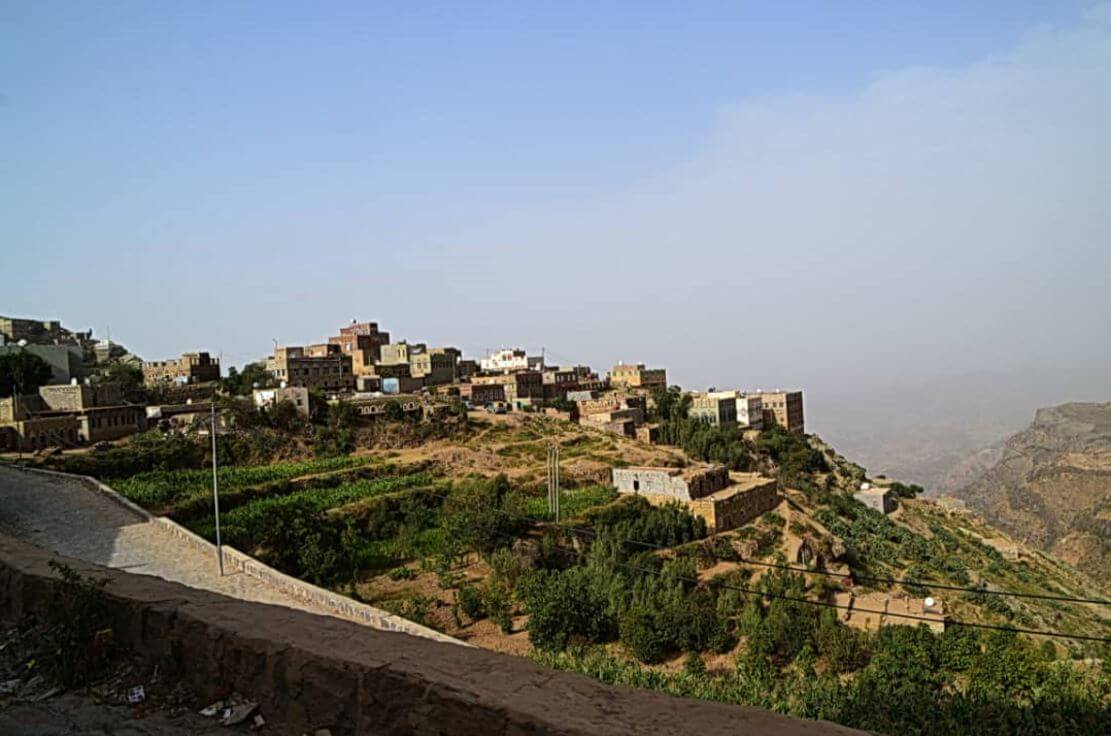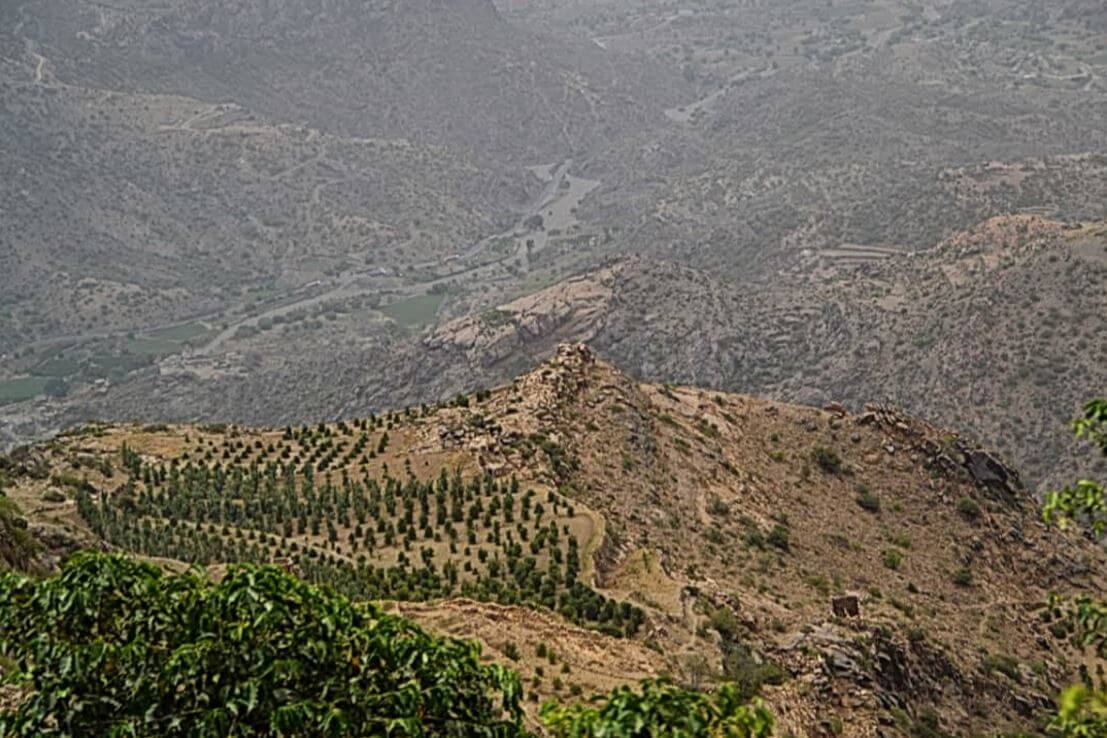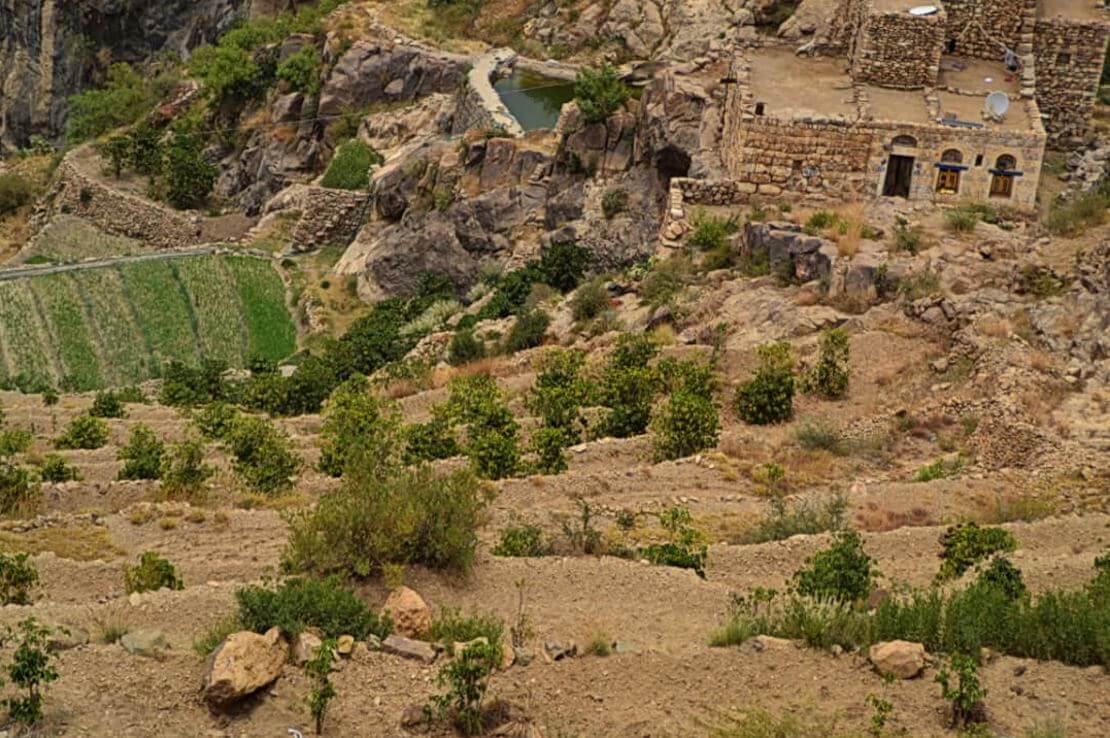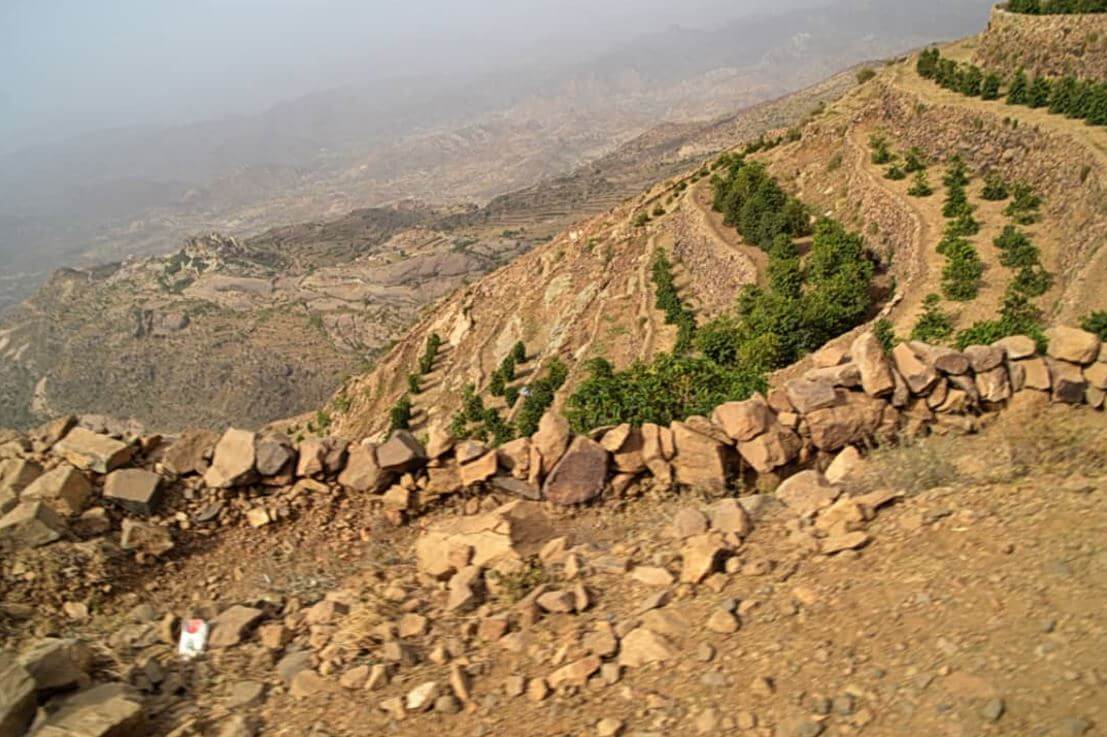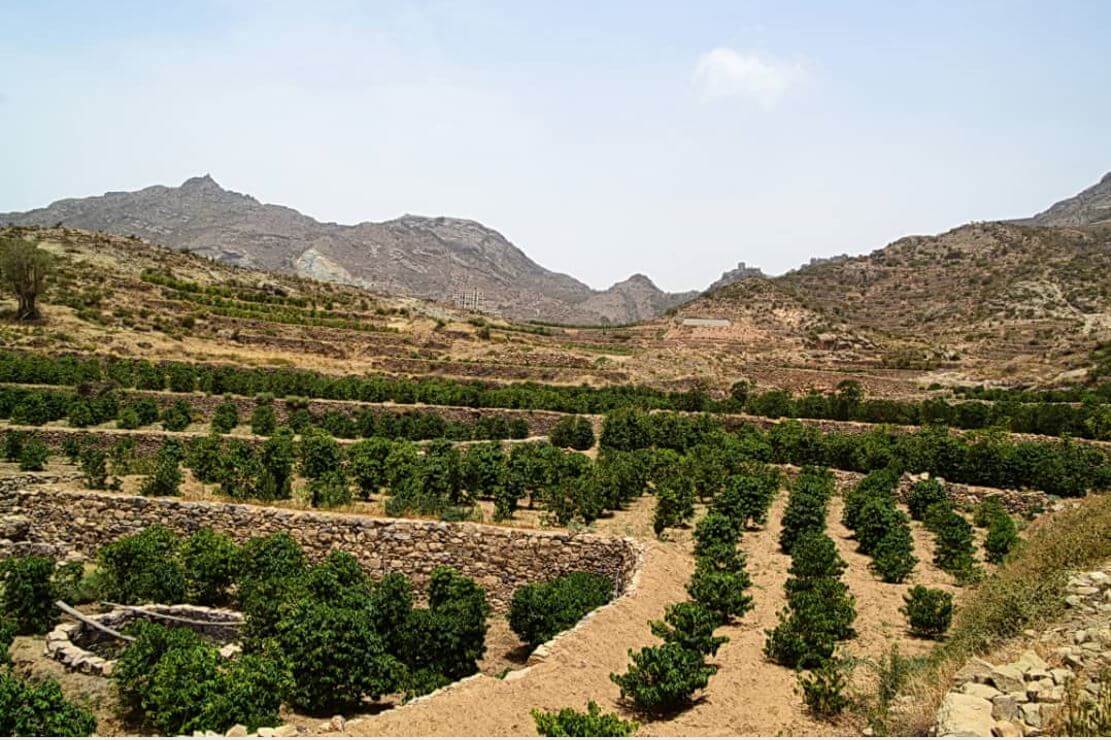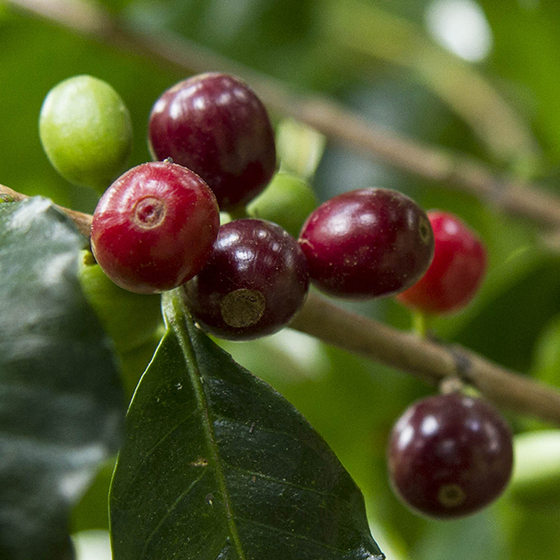Hawari Coffee comes from a slightly sloped deep intermountain valley in the traditional coffee growing area of Hawar. The elevation of the Al- qafr (the micro lot of coffee named after) valley is between 1800 -2000 m.a.s.l. Subtropical climate conditions prevail in the area with spring and summer rainfall average of 500 mm and dry fall and winter. This location coffee is of a favorable quality due to the availability of supplementary irrigation from a permanent upper valley spring. Thus, enabling farmers to control flowering time and avoiding water stress during bean development.
Farmers of the Hawari area are mostly dependent in agriculture production to sustain their living. Very few of the have other nonagricultural related source of income. Farmers grow annual crops such as sorghum, maize, alfa alfa, cowpea, beans, and pearl millet. Coffee crop is the dominated perennial crop in addition to single trees of mangoes, guavas, casmiro mostly for household use. As it is the case with other coffee growing areas in Yemen qat are accompanying coffee here also fortunately with no apparent competition between the two. Animal husbandry (cows, sheep, and goats) is part of almost every household as a source of income and nutrition in addition to animal manure. Mocca Hawari Coffee is grown in many areas in Ibb which are situated on mountain highlands. It is considered the best type of coffee and the most balanced type in Yemen; Hawari Coffee is the best quality type of coffee which are exported abroad.
Coffee fact sheet

Yemen Mocca Hawari
This coffee has a decent acidity in good balance with sweetness, a smooth body and flavors of berries and oak.
| Variety: | Dawaery, Tuffahi |
| Processing: | Natural |
| Grade: | A+ |
| Body: | Sanft, Velvety |
| Acidity: | Klar |
